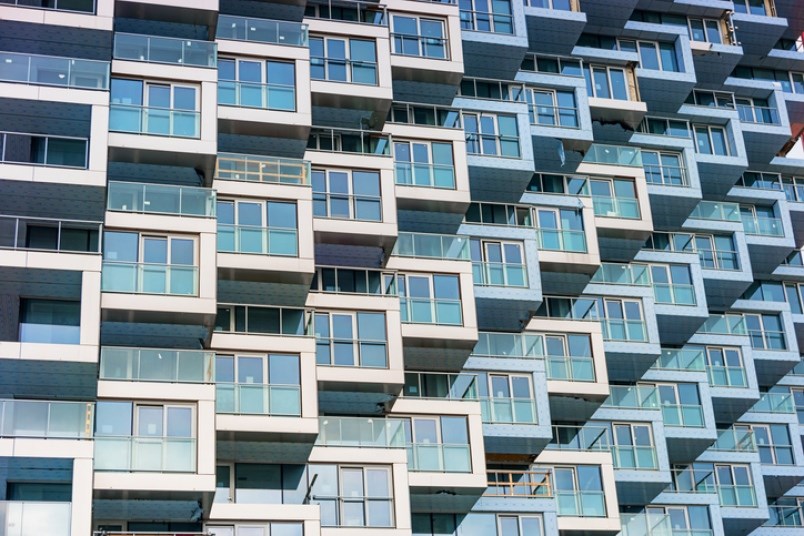Strata corporation insurance rates have jumped 50 per cent in Metro Vancouver and are up about 40 per cent across the province, with some condo owners seeing triple-digit increases, the B.C. Financial Services Authority said June 16.
“The current state of the strata insurance market is unhealthy,” said authority vice-president and deputy superintendent for regulation Frank Chong, warning that some stratas risk “not being able to obtain full, or in rare cases any, insurance coverage."
Among key report findings, based on a survey of 6,000 strata and townhouse properties, are:
• an average increase of 40 per cent year-over-year to strata insurance premiums province-wide;
• a 50 per cent increase in Metro Vancouver;
• 54 per cent of strata properties experienced a premium increase of less than 30 per cent compared to premiums the previous year;
• 31per cent of strata properties saw increases in the 30-50 per cent range;
• 9 per cent faced year-over-year increases of 50 -100 per cent and
• 6 per cent saw increases in excess of 100 per cent compared to the previous year.
“Price pressures will continue,” the authority said in the report to the Minister of Finance Carol James. “Buildings considered to be higher risk are expected to face the most significant increases as well as the possibility of not being able to obtain full, or in rare cases any, insurance coverage."
The data is in an interim report done at the direction of the provincial government. Further findings will be released in the fall after continued stakeholder consultations, Chong said.
The authority regulates the province’s insurance industry, among other things.
CEO Blair Morrison said the market is failing to meet goals of sustainability, affordability and availability
“Despite large increases already being felt, the situation has not yet stabilized, meaning many stratas, particularly those in buildings considered to be higher risk by insurers, can expect to face further pricing pressures as well as the risk of not being able to obtain full strata property insurance coverage,” Morrison said.
The industry generates about $300 million in premiums, covering more than $100 billion of insured property value. Coverage is mandatory under B.C.’s Strata Property Act, the authority told James.
Insurance under the act, which must provide full replacement value of the common strata property and assets, does not cover individual unit insurance, which owners need to ensure under individual policies.
The authority said earthquake coverage is not required under the act, but it is often included in strata property coverage.
“Strata corporations that choose not to purchase earthquake coverage are still covered for fire damage following an earthquake,” the authority told James. “An estimated 1.5 million residents live in strata properties in BC and properties can range from under $1 million to over $200 million in insured value.”
The investigation found evidence showing the industry has been incurring losses over the past three years from mostly minor claims, particularly from water damage, due to poor building maintenance
“The data suggests that strata insurance has also been used to fill in the gaps left by other forms of protection such as home warranties for new buildings and maintenance programs for older buildings,” the authority said.
Further complicating things is the exposure to risk insurers have to earthquake damages in B.C. which has prompted many to reduce the amount of insurance they offer, the study found.
“With this reduction in capacity comes upward price pressures,” the authority said.



